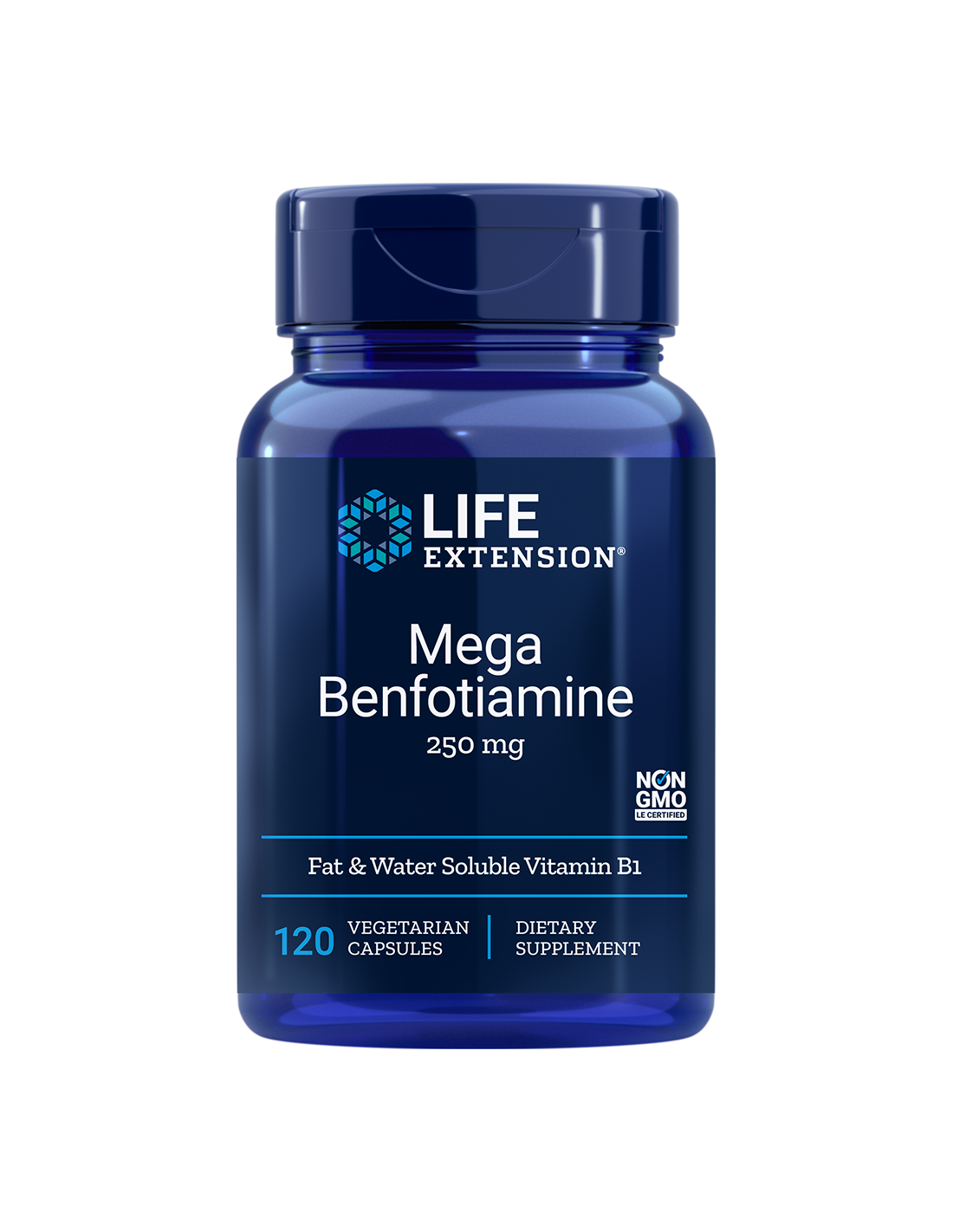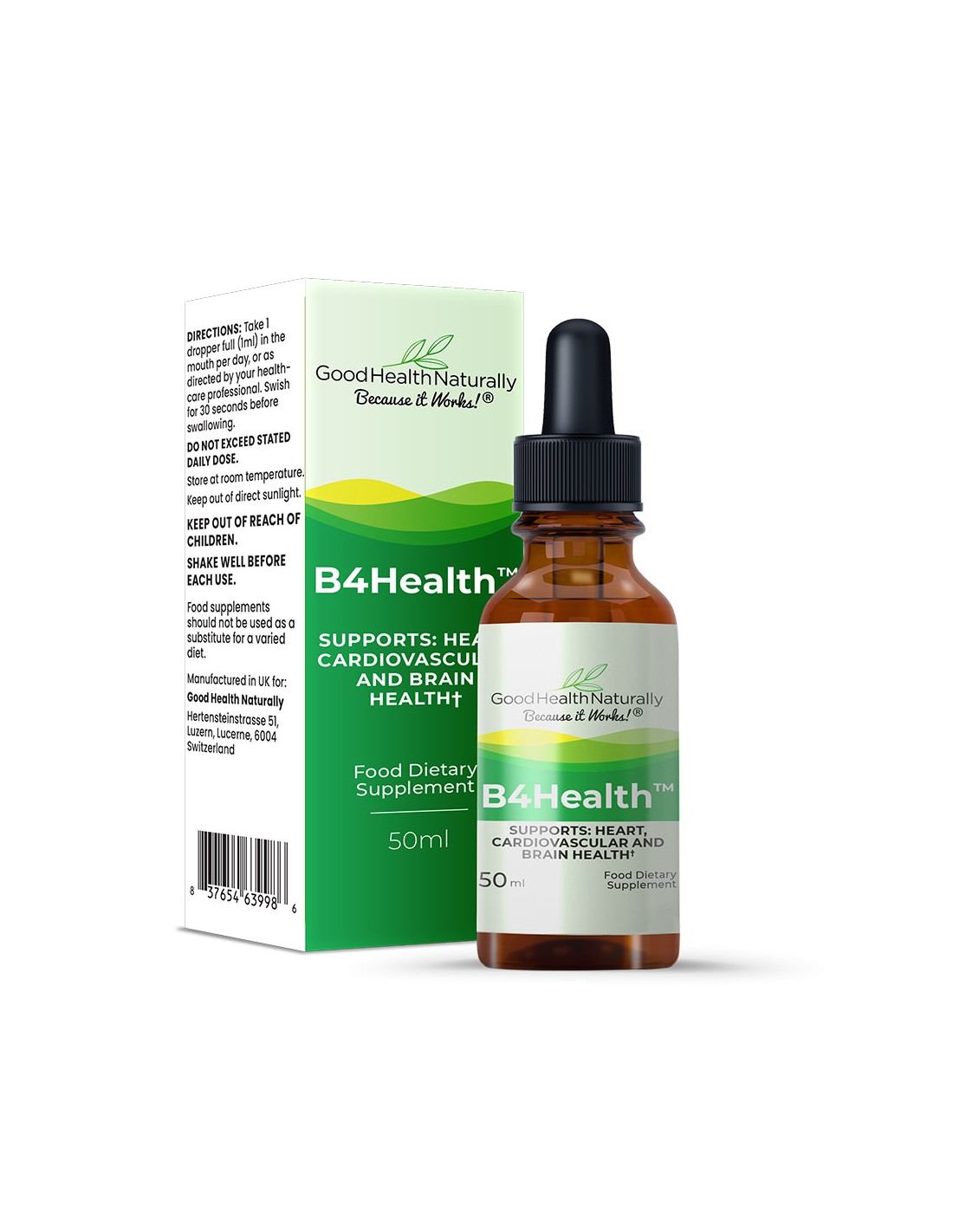Vitamin B1 (Thiamine) is an essential nutrient needed by all of the tissues in the body to function properly. As an essential B Vitamin, it can help the body to convert food (carbohydrates) into fuel (glucose) to produce energy.
When we become B1 deficient, we may experience various signs and symptoms of B1 deficiency and not even know it. Some of the most common symptoms include feeling anxious, nervous or stressed. Here are just several of the more unusual symptoms to be aware of…
How Does Vitamin B1 Deficiency Affect You?
1. Morning Sickness
This is a common symptom during pregnancy but mild nausea and vomiting could also be a sign of Vitamin B1 Thiamine deficiency. Hyperemesis gravidarium or excessive vomiting during pregnancy can be one of the most direct routes to thiamine deficiency.
2. Raynaud’s Syndrome
As a problem that causes decreased blood flow to the body’s extremities, Raynaud’s primarily affects the fingers and toes. Vitamin B1 deficiency can be a primary cause of the beriberi disease – a constellation of symptoms affecting the cardiovascular system that are mainly caused by Thiamine deficiency.
There are two types of this disease – wet beriberi and dry beriberi. Wet beriberi affects the heart and circulatory system, resulting in heart failure, meanwhile dry beriberi affects the nerves and can lead to decreased muscle strength and, eventually, muscle paralysis.
Raynaud’s Syndrome is the result of these symptoms affecting the nervous system. Taking Vitamin B1 and Vitamin B3 (Niacin) may reduce the frequency of Raynaud’s attacks according to research. [1]
3. Increased Heart Rate
One of the more severe side effects of wet beriberi is its influence on the cardiovascular system. When levels of Thiamine are low, it can result in a fast heart rate and shortness of breath.
4. Edema
Another major side effect of low Vitamin B1 levels is swollen legs, known as edema. Typical symptoms of edema include puffiness or swelling, feeling that your clothes are too tight, along with less flexibility in the arms and legs such as the ankles, wrists and fingers. Sudden or rapid weight gain, along with shiny, tight or stiff skin are other signs of this condition.
5. Psychosis
When Vitamin B1 deficiency is severe, it can lead to nerve damage, brain damage and even death. Severe cases of thiamine deficiency can cause Wernicke-Korsakoff syndrome, involving two types of closely related brain damage [2]. The mental symptoms associated with low Vitamin B1 levels include fatigue, psychosis, confusion and feeling disconnected from reality.
6. Shortness of Breath
As Vitamin B1 deficiency can affect your heart function, another symptom of low thiamine levels is shortness of breath, even when not exerting yourself. Feeling short of breath, especially when awakening at night can be a common symptom of Vitamin B1 deficiency and is something to be mindful of.
7. Feeling dizzy when sitting or standing up
Low thiamine levels can lead to prolonged blood diseases, along with neurological issues such as vertigo. Feeling dizzy when going from a seated position to standing up is a common symptom because thiamine deficiency can affect the nervous system.
Another Advantage of Benfotiamine (Thiamine)
Low Vitamin B1 levels can also result in pain, inflammation and cellular damage. In severe cases of Vitamin B1 and B12 deficiency for example, peripheral neuropathy can occur. This is a severe condition resulting in damage to the nerves outside the brain and spinal cord.
Symptoms can include weakness, numbness and pain, usually in the hands and feet. It can also affect other areas of the body. If left untreated, it can cause permanent nerve damage.
Benfotiamine can be an effective treatment for Peripheral Neuropathy. For best results in treating Peripheral Neuropathy, supplementing with Vitamin B1 (Thiamine and Benfotiamine), Vitamin B6 and Vitamin B12 are recommended.
How To Get Maximum Vitamin B1 Benefits
There are various ways to get Vitamin B1 into your diet for maximum benefits. Nutrient-rich food sources of Vitamin B1 (Thiamine) include beef, liver, dried milk, nuts, oranges, pork, eggs, seeds, legume and peas.
Cereals, rice, pasta, breads, oats and flours are often fortified with thiamine but they are not recommended for consumption as these types of starchy carbohydrates can raise blood sugar, spiking insulin levels and contributing to inflammation – one of the major driving factors of disease in the body.
A Healthier Vitamin B1 Alternative
A better alternative to ensure you get enough Vitamin B1 is to take a supplement such as Benfotiamine, a fat-soluble form of Vitamin B1. This is the most active form of Thiamine and it helps sugar convert into energy, while providing support for normal glucose metabolic pathways. Vitamin B1 supports normal energy-yielding metabolism, normal cardiac function and normal function of the nervous system.
Ensuring you get a full range of B Vitamins is essential for releasing energy from food and supporting a healthy functioning nervous system. Taking a full B-vitamin complex can help you to support your thyroid health. It’s also recommended for supporting many bodily processes and optimal health.
References:
[1] https://www.ncbi.nlm.nih.gov/pmc/articles/PMC5700788/
[2] https://www.ncbi.nlm.nih.gov/pmc/articles/PMC3659035/
Recommended Examples
Mega Benfotiamine 250mg – The most active and fat-soluble form of Vitamin B1 (Thiamine). B1 supports normal energy-yielding metabolism, normal cardiac function and normal function of the nervous system. Suitable for vegetarians and vegans. 120 vegetarian capsules. Available from Good Health Naturally.
B4 Health™ – A full Vitamin B Complex, up to 9x more absorbent than its capsule equivalent. B-Vitamin formula, designed to provide optimum natural support. B Vitamins are essential for releasing energy from food and supporting a healthy functioning nervous system. Suitable for vegetarians and vegans. 50ml. Available from Good Health Naturally.









You will not notice much difference in the short term but over a few weeks you should graduallly notice that your symptoms improve and you should begin to have more energy again.